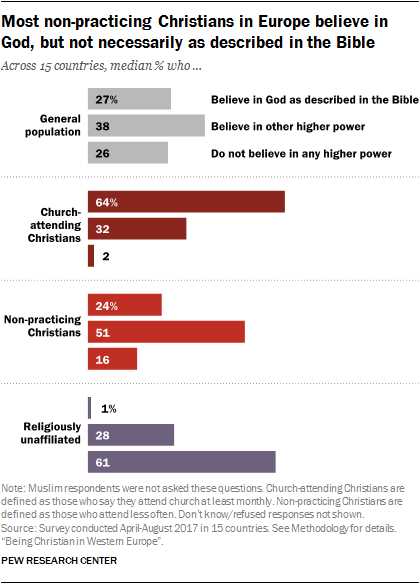The excerpt below was taken courtesy of the book Triunfo da Fé, by Heber Campos Jr, Faithful Editor.
Although the existence of evil is considered a philosophical problem only for those who affirm the existence of a good and omnipotent God (Christian theism), evil, whether physical or moral, must be explained by any worldview. Christian religions. Monistic religions (all realities are confused with God), speak of evil as an illusion, Maya (e. g. Hinduism, Buddhism). These Eastern religions offer meditation and spirituality techniques to transcend the experience of suffering. the Westernized version of the same ideas had been very important since the 1960s when he proposed the use of narcotics to transcend evil, whether the Eastern or Western version, both denying that evil is objective, it is a subjective experience that some people may not go out.
- But denying suffering does not produce love of neighbor or God.
- Look first at the lack of love for others.
- This position shows no sympathy for the patient who sees his suffering as eminently real.
- Telling a mother who has just lost her daughter to murder that her suffering belongs to a world of illusions is terrible! Such a statement is not only touching.
- What is worse.
- It mocks the reality and the truth of this mother’s pain.
- This attitude is.
- In the best of cases.
- Insensitive to the suffering of the person (denying their reality) and.
- In the worst of cases.
- Contempt for the person who suffers for seeing them as spiritually weak.
- Furthermore.
- To deny the reality of pain would be to deny the reality of love for the girl.
- After all.
- The pain of loss is proportional to the love you feel for your daughter.
- The reality of love.
- However.
- No one wants to deny.
- Ultimately.
- However.
- The theory of illusion cannot bear the weight of human experience.
- At the time of the tsunami in Japan in March 2011.
- Christian missionaries witnessed the despair of countless Japanese over the tragedy.
- After all they could not pretend to be an illusion.
Denying evil is also a hateful proposition to the God of the Bible, because he himself affirms the reality of evil when victory over him cost his Son his life. Jesus did not come simply to teach people how to transcend evil through meditation or some knowledge. He must have truly suffered, truly dead, and risen to overcome evil. The Suffering Servant so vividly described by Isaiah (52:13-53. 12), the crucified Christ preached by Paul (1:2. 1-2), was so different from other religions that it ended up being a scandal for the Jews and a madness to other peoples (1:22-23). Even the Apostle Peter needed to be rebuked by Jesus because he did not understand that evil was far more widespread than the political one. -Military forces, that it was necessary for the Savior to endure evil and suffer to overcome it (Mt 16:21-23).
RCSproul says: “In the life and passion of Christ, we see with perfect clarity that suffering is the way God chose to bring redemption to a lost world. Jesus was known as a man of pain, who knows what it is to suffer?”This suffering of Christ is unique, inimitable, it was his way to glory (He 2:9-10). Anyone who denies the reality of evil steals from Christ the glory of a redeemer.
Another common non-Christian proposition in history comes from dualistic religions when they claim that there is a good deity and a bad one, which is the cause of evil in this world. This proposal appears in Egyptian mythology when it suggests the existence of chaos from the beginning as an integral part of reality, takes a classical form in Persian religions (Zoroastrianism and Manicheanism) with two independent principles that are solved only at the end (the winning good at the end), but is best known for Greek thought (Plato, Gnosticism neoplatonism) with its concept of evil material.
Unfortunately, there are preachers who adopt a version of this dualism in their concepts of spiritual battle, especially in neopentecoscal environments, as if Satan were responsible for all the evils of this world and that God had nothing to do with what happened. The position seems to offer a rational response to the problem of evil, but it creates problems for Christian orthodoxy. He is not faithful to the biblical portrait of God’s participation in the events of this world. A worldview so dualistic that it attributes all that is evil to Satan does not contemplate the doctrine of divine providence that attributes the root cause to the Lord God even by the wrong things (see Isaiah 45:1-7). Moreover, the dualistic perspective gives Satan so much power that it makes him practically a dark deity that has almost as much power as the Creator; as if they were fighting a battle that God won in the end, but?In an attempt to justify God, this dualistic perspective of spiritual battle undermines God and is not faithful to the scriptures.

